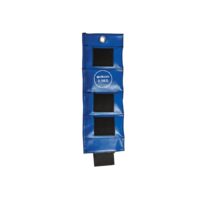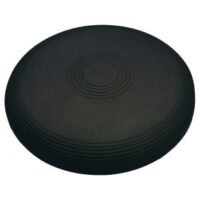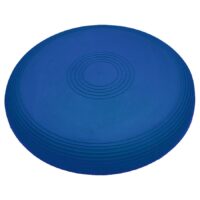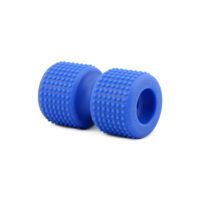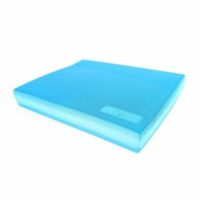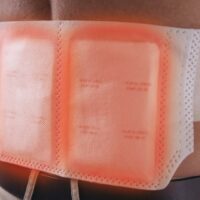Faecal Incontinence (Men)
Faecal Incontinence (Men)
Article by Scott Schulte

What is Faecal Incontinence?
Faecal incontinence is the inability to control your bowels leading to the involuntary or accidental leaking of faeces or gas.
What Causes Faecal Incontinence?
Several factors can lead to faecal incontinence, including:
- Damage or weakness of the pelvic floor muscles, anal sphincters and associated nerves through:
- Surgery
- Trauma
- Radiation therapy
- Straining to make a bowel movement if you have a history of constipation
- History of heavy lifting
- History of respiratory conditions resulting in constant coughing
- Presence of fistula or haemorrhoids
- Decreased mobility/lack of exercise
- Some medications
- Medical conditions that affect the nervous system, e.g.Parkinson’s disease and MS
- Medical conditions that affect the bowel, e.g. IBS and Crohn’s disease
- History of Diarrhea
- Blockage of the rectum/anus, e.g. rectal prolapse or faecal impaction
- Lifestyle – diet and fluid ingestion
What are the Symptoms of Faecal Incontinence?
The symptoms of faecal incontinence may include:
- Unintentional leakage of faeces or gas from the anus
- Unintentional faecal staining on clothing, e.g. underwear
- Loose stool consistency
- Change in stool appearance, e.g. colour
- Change in usual toileting routine/bowel movements
- Urinary incontinence
How is Faecal Incontinence Diagnosed?
Usually, a clinical diagnosis can be made using:
- Information gained from your medical history and subjective interview
- Toileting habits and lifestyle factors, eg. diet, fluid intake, medication, exercise
- Physical examination, including assessment of pelvic floor muscle function and occasionally an internal examination (only if indicated)
- Further medical investigation with your doctor if required
- Imaging (eg. ultrasound), colonoscopy, sigmoidoscopy, nerve tests including EMG.
- Other anorectal/colorectal tests
What Treatments are Available for Faecal Incontinence?
There are many treatments for faecal incontinence that can be provided by your physiotherapist. These treatments can include:
- Education regarding your condition
- Diet recommendations regarding fibre intake
- Recommendations regarding water / fluid consumption
- Recommendations regarding exercise
- Pelvic floor exercise program
- Adjustment of usual toileting habits
- The addition of stool bulking agents
Other Treatments:
Depending on the cause of your faecal incontinence, you may also need to follow up with your doctor for additional treatment if required. This may include:
- Medications review or prescription
- Medical treatment for conditions that may put you at risk of faecal incontinence
- Enemas and suppositories if required
- Potential Surgery
Your physiotherapist will work closely with your doctor to ensure the best possible treatment outcome for you.
What Results Can You Expect?
A large proportion of people with faecal incontinence will have their symptoms improved or resolved with adjustment of lifestyle factors and a pelvic floor exercise program through physiotherapy treatment. However, if left untreated, the problem worsens gradually and may affect other areas, including the pelvic floor and bladder.
Will You Need Surgery?
There is a percentage of people who may not recover with physiotherapy treatment alone. This often depends on the underlying cause of faecal incontinence, and as a result, some individuals may need to go on to have surgery to resolve their symptoms.
For more information please consult your men’s health physiotherapist.














